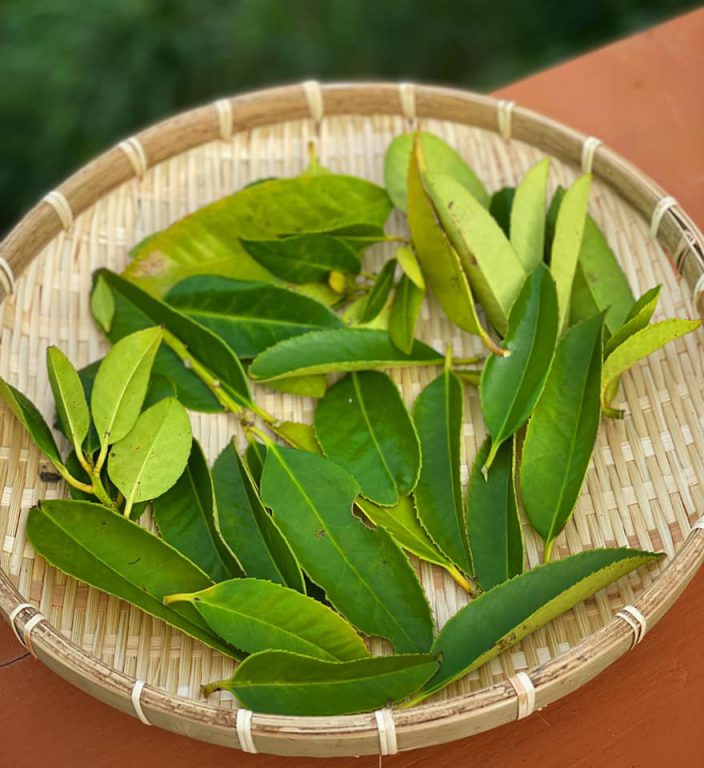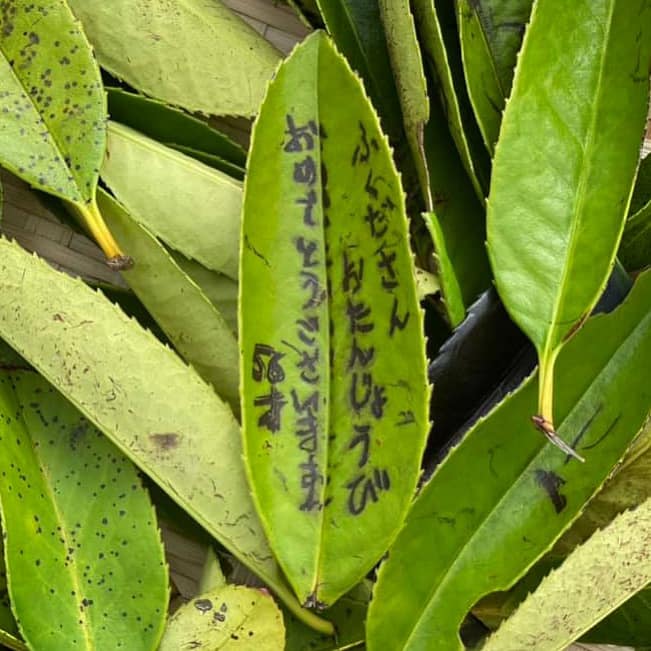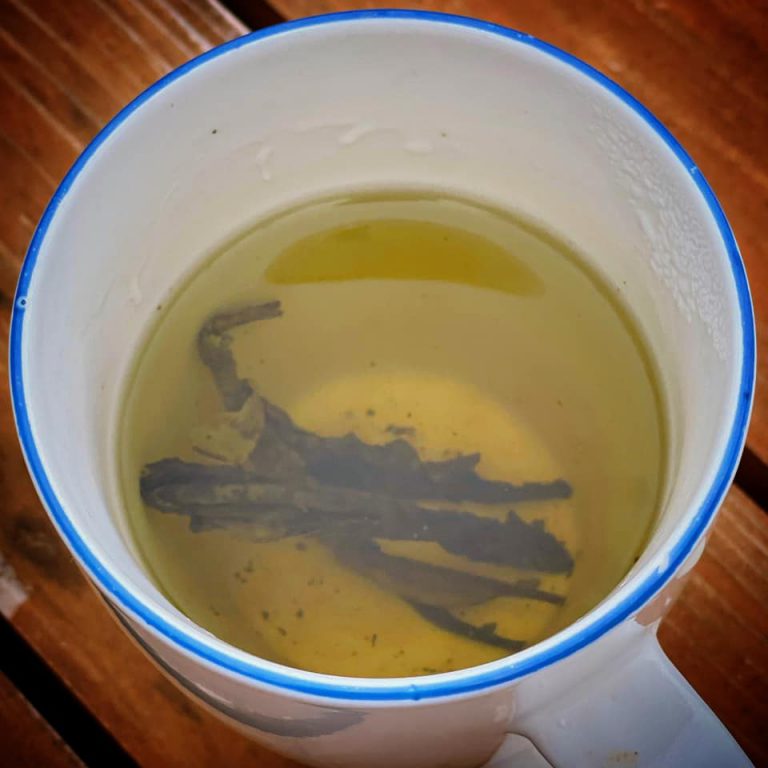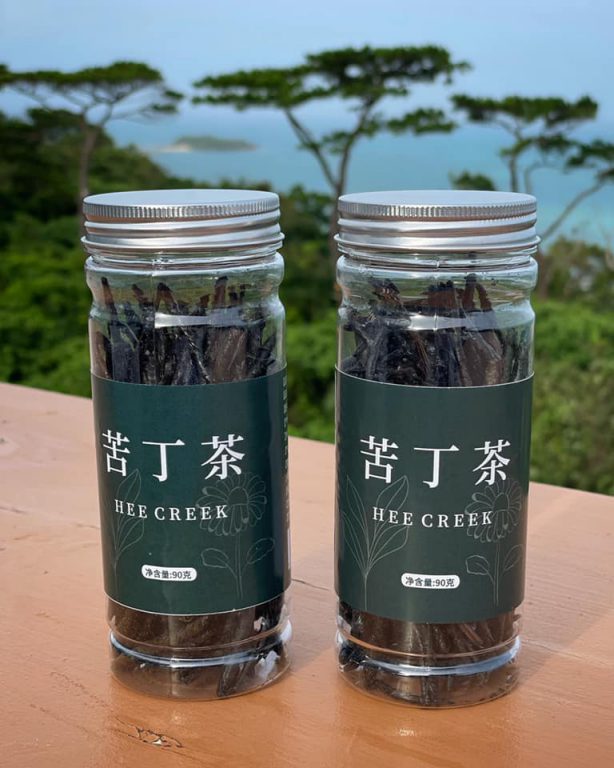Speedy Farm : Benefits of Taro Tea

Speedy Farm : Benefits of Taro Tea
Late last year, I learned from Mr. Seijun Nishibatake’s SNS that he was going to sell the trees he had planted at Yoyogi Village when it closed, and I found a “tara-yoh” tree with leafy leaves. I found a leafy-leafed “tara-you” tree, which is said to grow wild in Japan west of the Kinki region.
Six of them were transported to Okinawa and planted in the farm.
In Japan, it was used to write sutras in the Heian period (794-1185), to make black patterns appear when it was burned over a fire, and as a special plant used for divination, it was planted in Shinto shrines and Buddhist temples.
Further research revealed that tara yow is a favorite drink as “kuchou tea,” which is native to southern China. The name comes from the words “bitter” and “twisted.” It is also known as “one-leaf tea” because of the shape of its large single leaf, which is twisted into a long, thin stick shape.
Bitter Ding tea is a health tea with a long history of being drunk in China, and is also known as “reduction of fat”, “beauty tea”, and “longevity tea” due to its high medicinal value. Great efficacy!
Anti-inflammatory effect… Effective in antifebrile, cough suppressant and bronchitis control.
Anti-aging… Effective for beautiful skin. Rich in flavonoids and prevents skin oxidation (aging)
Detox effect… Relieves constipation. Removes unwanted lipids in the blood.
I immediately ordered some tea from China to try the tea as a product before harvest: ….
Mmmmmmmmmm! Bitter and tasteless! This is impossible!
You never know unless you try.
Let’s enjoy this as a windy postcard.









